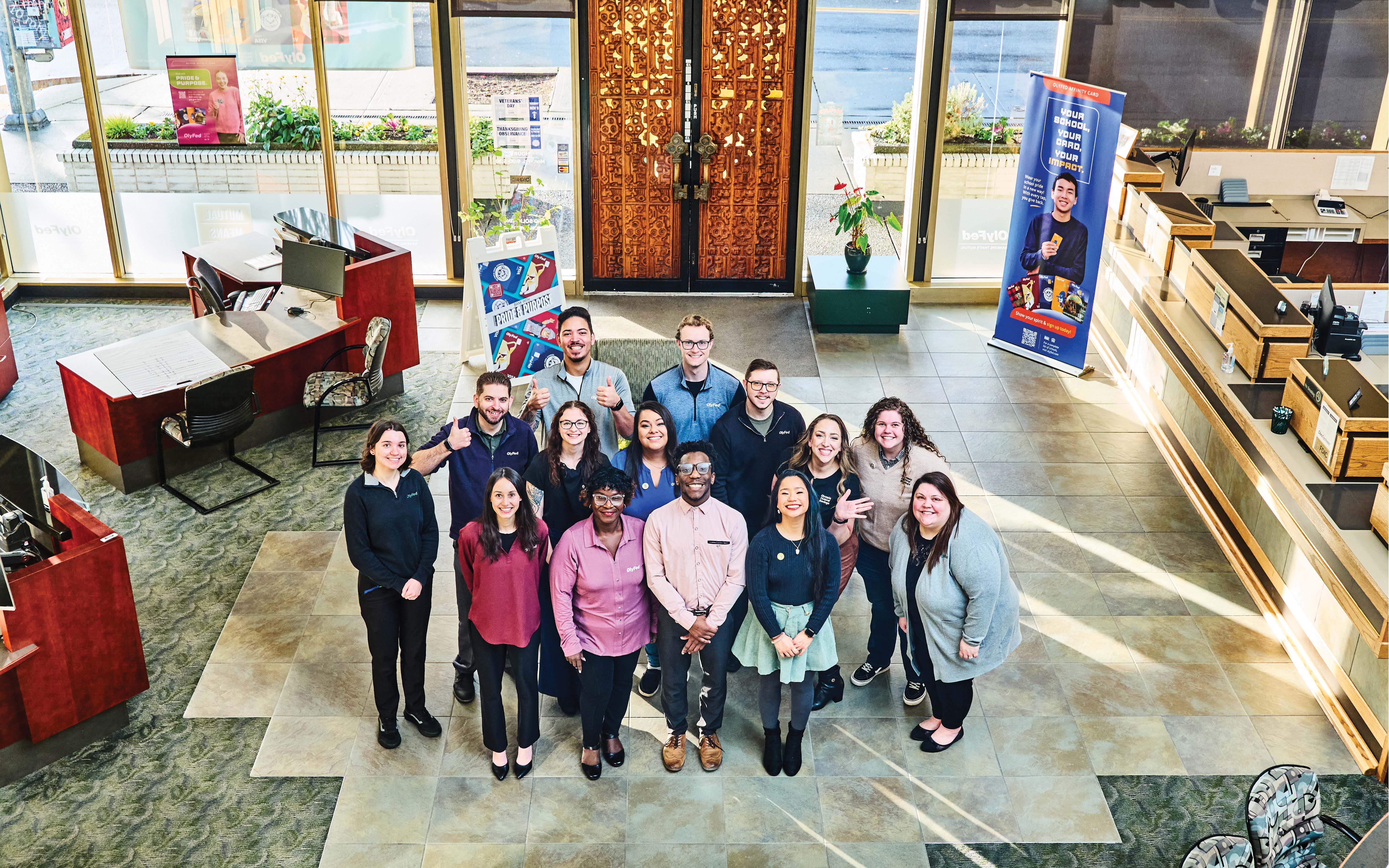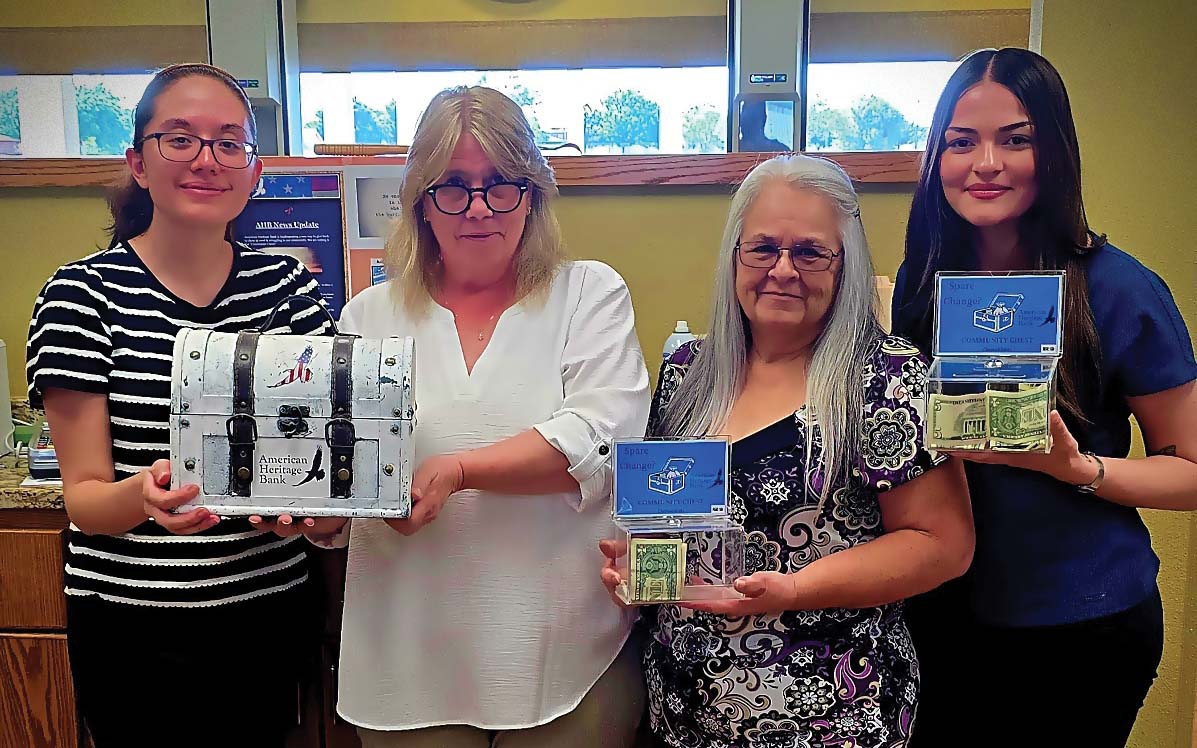Learning happens everywhere, and those lessons can have a big impact on our work performance, perspective and team culture.
Lindsay LaNore: Look for Learning Everywhere
September 14, 2023 / By ICBA
Learning happens everywhere, and those lessons can have a big impact on our work performance, perspective and team culture.
Learning happens everywhere—at sporting events, at kids’ activities, at local coffee shops, even during family meals. And those lessons can have a big impact on our work performance, perspective and team culture. So, let’s take advantage of free lessons that we can learn outside of the workplace.
To do that, practice being an observer. Ask yourself, “What can I learn from being part of a situation or watching it play out?” As a mom of two athletes, I spend a lot of time at the basketball court watching my girls play with their teams. I don’t leave a tournament without learning at least one thing, and I often learn many things, by watching the teams work together. Here are some examples:
It’s important to encourage someone when they’re struggling or losing the game.
When a pass isn’t timed correctly, the receiving player can’t catch it as easily (if at all). Timing is critical.
Don’t forget your body language. When you’re sitting on the bench, your coach will notice your nonverbal behavior. So, pay attention, watch the game and cheer for others on the court. Same goes for the boardroom.
A leader’s reaction to a win or loss is critical to team morale. If you’re a team or department leader at your bank, take notes.
The local coffee shop can also be an interesting learning environment. Watch how employees work together (or don’t!), especially when it’s busy. Is the team communicating clearly? Does everyone understand their role? Do team members know when to step in and help each other?
Putting notes to good use
Once you’ve done that, bring your notes to work with you, and empower your team to do the same. At ICBA Community Banker University, our team uses OneNote to document our updates and summaries with each other in advance of our biweekly team meeting.
Everyone is asked to share one new thing that they learned at the last meeting, or something that they’ve learned since then. This is something we look forward to sharing, and it doesn’t matter how big or how small the share is. Sometimes the smallest things—like a Microsoft Excel tip—have made a huge impact on our work process and efficiency.
When you share an insight, you’re not just paying it forward. You’re also retaining the knowledge you’ve picked up by repeating it and teaching others. In psychology, that’s called the protégé effect.
By teaching an idea, you deepen your own understanding of it. You can also invite others to comment, and learn from their responses. Inviting others to share their notes also encourages us to be better listeners.
Once you’ve shared all that you’ve learned, find ways to apply those lessons to your lives and jobs. The process of actively looking for learning everywhere is remarkably effective, and watching your kids’ basketball games may never be quite the same again!
Subscribe now
Sign up for the Independent Banker newsletter to receive twice-monthly emails about new issues and must-read content you might have missed.
Sponsored Content
Featured Webinars
Join ICBA Community
Interested in discussing this and other topics? Network with and learn from your peers with the app designed for community bankers.
Subscribe Today
Sign up for Independent Banker eNews to receive twice-monthly emails that alert you when a new issue drops and highlight must-read content you might have missed.
News Watch Today

Join the Conversation with ICBA Community
ICBA Community is an online platform led by community bankers to foster connections, collaborations, and discussions on industry news, best practices, and regulations, while promoting networking, mentorship, and member feedback to guide future initiatives.













